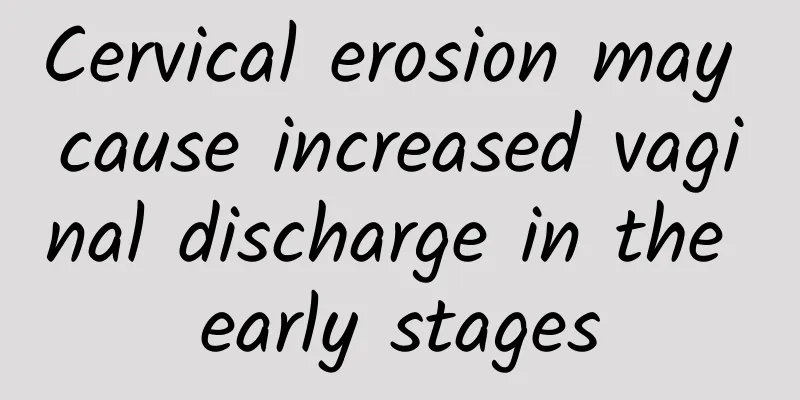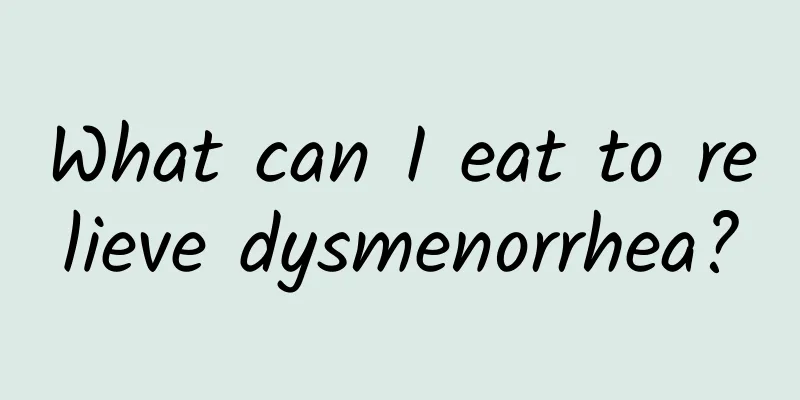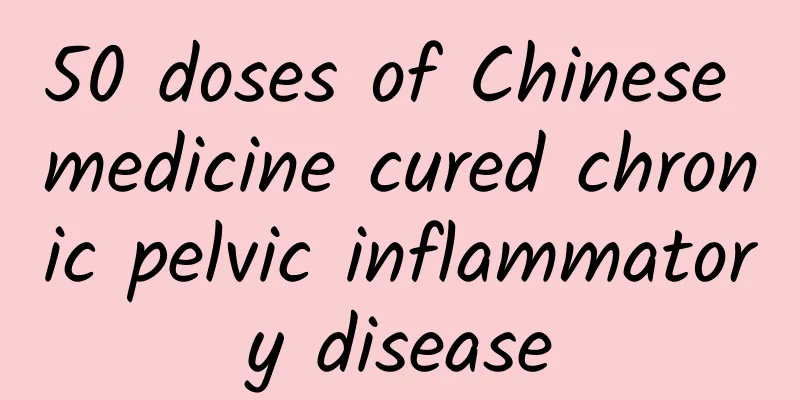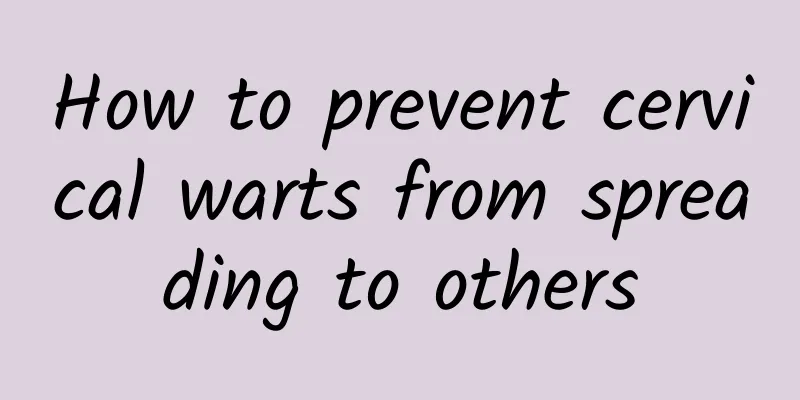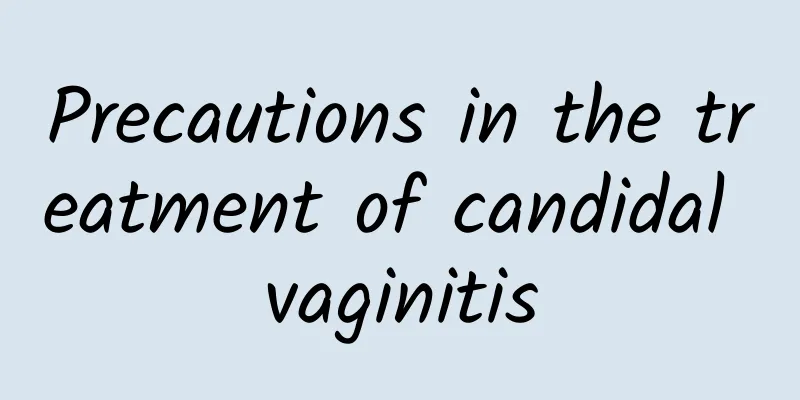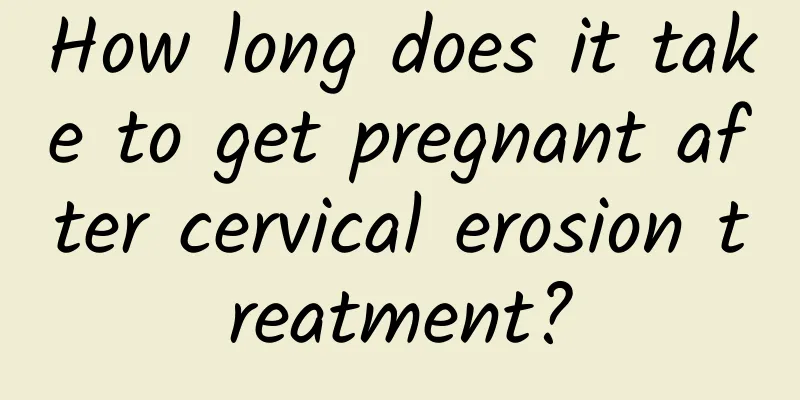Is uterine cyst serious? What are the dangers? Uterine fibroids
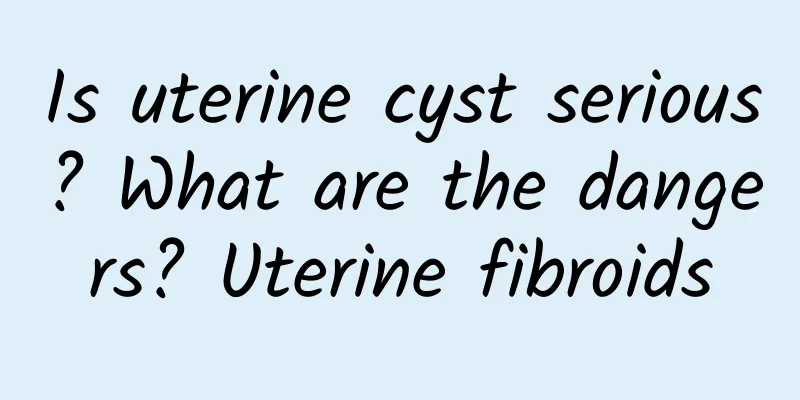
|
Uterine cysts are usually not serious diseases, but they may cause some discomfort and complications, such as period disorders and pressure. The harm of uterine fibroids includes irregular menstruation, abdominal pain and infertility. 1) Professional diagnosis is required to assess the severity; 2) Surgical intervention such as laparoscopy may be required in a few cases; 3) Maintaining a healthy lifestyle can help relieve symptoms. 1) Severity of uterine cyst Uterine cysts are usually benign, and many women have no symptoms. However, larger cysts may cause menstrual irregularities and lower abdominal discomfort. If a cyst ruptures or heavy bleeding occurs, see a doctor immediately. Regular physical examinations and ultrasound monitoring can help evaluate changes. 2) The harm of uterine fibroids Uterine fibroids are common benign tumors that may cause heavy menstrual bleeding, cramping during periods, and lower abdominal pain. In some cases, fibroids may affect fertility or cause complications during pregnancy. If you experience these symptoms, it is important to seek professional advice from a gynecologist. 3) Medical intervention and treatment options For asymptomatic uterine cysts and fibroids, observation is usually the approach. If symptoms interfere with daily life, medical treatments such as hormone therapy to regulate the menstrual cycle may be considered. For cases where surgery is required, laparoscopic surgery, domino therapy (uterine artery embolization), or traditional laparotomy are common options. 4) Maintenance of a healthy lifestyle A healthy diet and regular exercise can reduce the discomfort of cysts and fibroids. Eating foods high in fiber and low in fat, such as whole grains, vegetables, and fruits, can help regulate hormone balance. Gentle exercises such as yoga and Pilates can also help improve pelvic circulation. Uterine cysts and uterine fibroids are controllable in most cases, with the focus on early detection and proper management. Regular communication with medical staff and maintaining a healthy lifestyle can help prevent symptoms from worsening. When symptoms become obvious or affect the quality of life, you should promptly seek a professional gynecologist for detailed diagnosis and treatment. After reading this article, I hope you can have a clearer understanding of the potential impact of uterine cysts and uterine fibroids and take proactive preventive measures. |
<<: What fruits are good for uterine fibroids?
>>: What to do if there is residue in the cervical canal after spontaneous abortion
Recommend
How to take good care of uterine fibroids?
Uterine fibroids are a common gynecological disea...
You need to know more about the symptoms of pregnancy
Experts tell us that we must make an effort to un...
What are the common diagnostic methods for endometrial tuberculosis?
Experts say that endometrial tuberculosis is a co...
Can pelvic effusion be treated with abortion?
When inflammation occurs in the female reproducti...
You need to know more about painless abortion!
You have heard of painless abortion, right? But h...
Apple-shaped body is troublesome. 5 tips to get rid of belly fat
[Key Points]: An apple-shaped body refers to a bo...
What are the typical symptoms of latent cervical warts?
The incubation period of cervical warts is 3 week...
Can I get pregnant if I have mild vaginitis with cleanliness level 2?
Can I get pregnant if I have mild vaginitis with ...
What causes dysmenorrhea?
Dysmenorrhea is common in adolescent girls, unmar...
Should women take care of abnormal vaginal discharge? Do these 5 things, otherwise you will regret it
In daily life, women must develop good living hab...
No Hungry Summer Vacation - Crowd Lu: Helping disadvantaged children is very rock!
"Helping disadvantaged children is a very ro...
Is cervical precancerous lesion cancer?
Cervical precancerous lesions are not cancerous, ...
Can ovarian cysts cause delayed menstruation? How to treat it?
The ovaries are important female reproductive org...
Why do many women choose to urinate while standing when taking a shower? Is this healthy?
A 38-year-old female patient suddenly had frequen...
How much does it cost to treat congenital absence of vagina?
How much does it cost to treat congenital absence...

